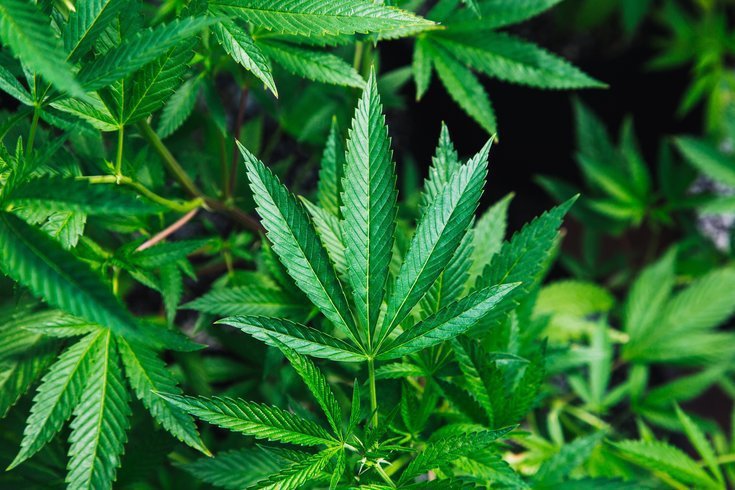
April 02, 2024
 RICK PROCTOR/UNSPLASH.COM
RICK PROCTOR/UNSPLASH.COM
Pennsylvania's Independent Fiscal Office projects the state would generate $41 million in tax revenue in the first year of recreational marijuana sales.
Marijuana legalization in Pennsylvania could bring in as much as $41 million in tax revenue in the first year of implementation and rise to $271 million by 2028, according to an analysis conducted by the state's Independent Fiscal Office.
The revenue projections in the report are based on the proposal contained in Gov. Josh Shapiro's budget, which called for legalizing marijuana in July and beginning sales in January. Shapiro (D) had given a much more conservative estimate of first-year revenue, projecting the state would bring in $14.8 million in the first year and eventually generate about $250 million annually.
The current marijuana legalization framework includes a 20% excise tax on the wholesale price of recreational products, in addition to sales and use taxes. Each year, $5 million in revenue would go to restorative justice programs, another $5 million would go to the Department of Agriculture for oversight costs, $2 million would go state police for enforcement and $500,000 would be set aside for administrative costs. The rest of the state's recreational marijuana tax revenue would be deposited into the general fund.
The report notes that Pennsylvania's ability to maximize revenue will be hampered by existing markets in bordering states that have already legalized recreational marijuana. All border states other than West Virginia already have or will soon have programs that are up and running.
"Because nearly all border states already tax recreational cannabis, the estimate is not increased for cross border sales that may have occurred in other states that were first to tax recreational marijuana in a region," the report says.
The Independent Fiscal Office did not explain how or why its year-one estimates are more optimistic than those put forth by the governor. The report says its figures were calculated using the annual average dollar amount of legalized marijuana purchased per adult in other states and then applying that to Pennsylvania's population. In New Jersey, where legal marijuana sales began two years ago, sales of recreational marijuana are expected to surpass $1 billion this year.
The report does not anticipate that legalizing recreational marijuana will have a major impact on Pennsylvania's medical marijuana program, which has about 441,000 active patients — about 5% of the state's population of people 21 and older. Medical marijuana does not have sales tax and only has a 5% excise tax, compared with the 20% proposed for recreational marijuana.
State legislators have reviewed various facets of marijuana legalization over the past several years, including health implications and traffic safety. A bipartisan bill that was proposed in 2021 by state Sens. Sharif Street, a Democrat from Philadelphia, and Dan Laughlin, a Republican from Erie, was debated two years ago but ultimately stalled.
A current House bill calls for the creation of cannabis state stores similar to those that are used to regulate liquor sales in Pennsylvania. A Senate bill proposes consolidating a new recreational marijuana market with the state's existing medical marijuana distribution and sales network.
A February survey conducted by Franklin & Marshall College found that 63% of registered Pennsylvania voters believe the state should legalize recreational marijuana. The survey found 44% think Pennsylvania "definitely" should do so.
During his budget address in February, Shapiro urged lawmakers to come together on legislation to legalize recreational marijuana.
"We’re losing out on an industry that, once fully implemented, would bring in more than $250 million in annual revenue," Shapiro said. "And our failure to legalize and regulate this only fuels the black market and drains much needed resources for law enforcement. It’s time to catch up."